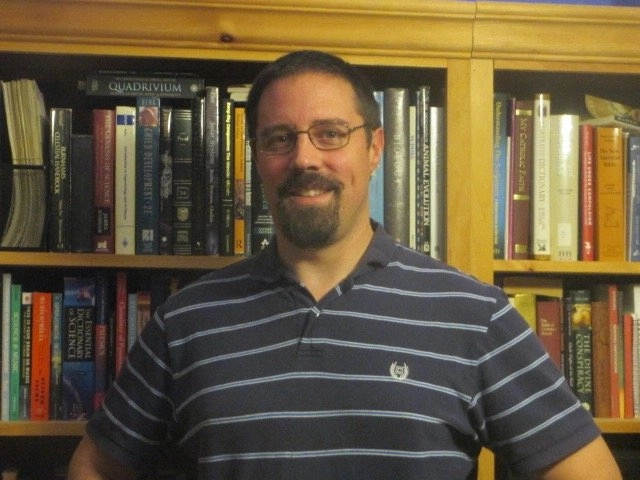We want our graduates to be the best technical scientists, without exception. At the same time, we also know that all of us, teachers and students alike, are called to something more than technical proficiency when it comes to understanding science. Scientists in our schools need to be masters of facts and frameworks, knowledgeable in narrative and well-formed in imagination, Modern culture’s scientistic and reductive narrative for science instruction will not lead us where we are called to go, and so we need to reclaim some lost tools of science learning in order to chart a new course, particularly in the earliest years. In this session, I will highlight several ways in which we have successfully moved our Lower School science curriculum towards a new paradigm, one that engages not just the head, but also the heart, through the hands. Through multi-generational gardening, a series of units called Skills of the Tracker, exploration of the history and philosophy of science, and a special kind of STEM that moves beyond pre-fabs and programming, we are forming our students’ imaginations alongside their technical skills.
Chris Hall

Chris Hall earned a BA in Philosophy from Ge ysburg College and an MAT in Elementary Education from Towson University. His naturalist pedigree starts far earlier than his college days: roving far and wide through the local streams and fields on his bike at a time when such things were not yet frowned upon by community associations, earning Eagle Scout, training in tracking, and logging years of outdoor time as a backpacker and ancestral skills practitioner. Before serving as Lower School Academic Dean at the Covenant School in Charlottesville, VA, Chris was a PK-8 Science department chair, a teacher of Conceptual Physics, and a wide-ranging classroom teacher in elementary and middle schools. He currently lives o the beaten path in central VA on a homesteaded microfarm with his wife, Catherine, and three sons.


